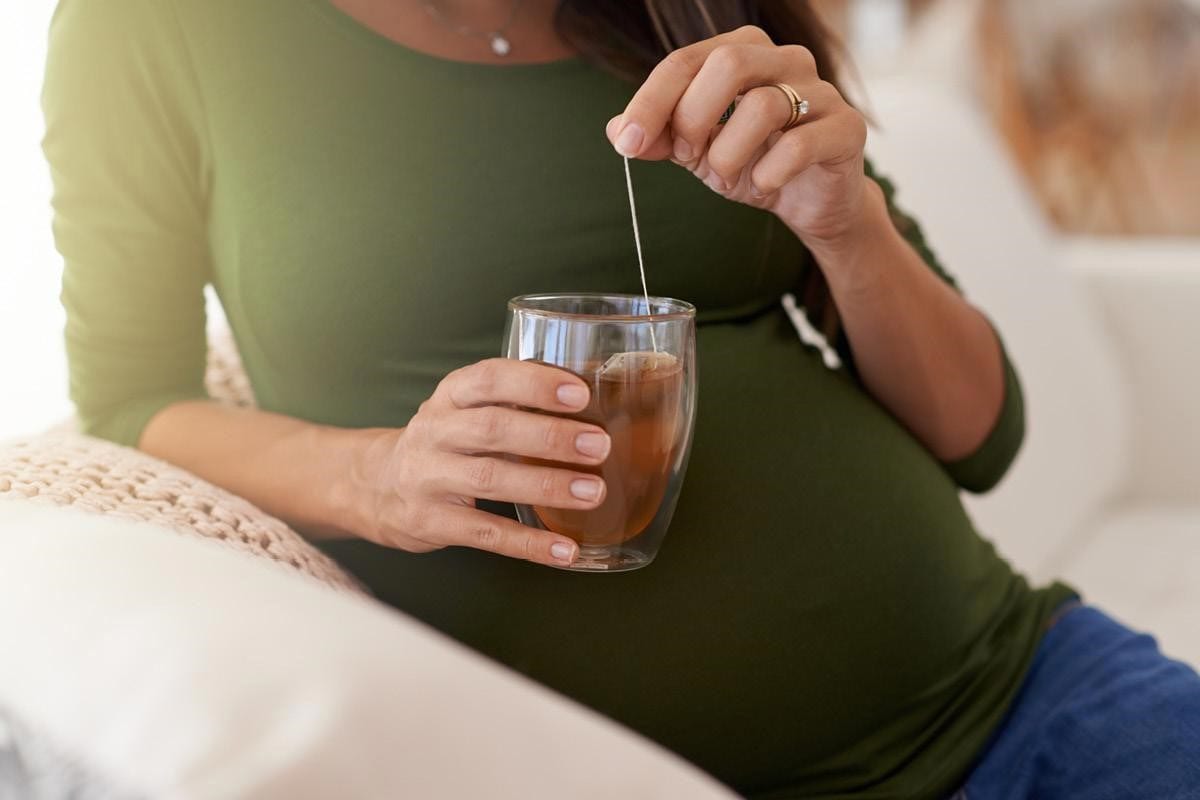The joy and anticipation of pregnancy often lead to a myriad of questions about what’s safe and what’s not for the expecting mother. Among these concerns, the query of whether one can enjoy a soothing cup of tea during pregnancy is a common area of curiosity and apprehension. As the consumption of certain beverages and foods can pose potential risks to both the mother and the developing fetus, understanding the nuances of drinking tea during pregnancy is essential for ensuring the well-being of both parties. This informative exploration delves into the intricacies of enjoying tea while pregnant, providing insights into the types of tea that are safe, those that are best avoided, and the overall considerations that pregnant individuals should keep in mind to make informed and healthy choices during this special time.
Tea, whether green tea, black tea, oolong, white, or other varieties, is a healthy drink. Many women ask the question of whether or not it is safe to drink tea, such as green tea, during pregnancy. The main matter of concern is the caffeine content of tea, as there is some evidence that high doses of caffeine can be dangerous to the development of your baby.
However, there has also been studies that say it is okay during pregnancy if it is consumed in moderate amounts. Taking green tea during pregnancy isn’t a bad thing if you don’t overdo it.
The biggest drawback of drinking pregnancy tea is due to the caffeine content. Doctors always advise their pregnant patients to limit their intake of caffeine.
While you don’t need to cut it out completely, it is for the better if you do. How does this affect those women who enjoy the health benefits and taste of pregnancy tea?
Is it safe to drink tea during pregnancy?
Yes, but in moderation. The answer to this question is essentially the same as for the general population. For most people, caffeine is safe, but only in moderation.
How to Develop a tea diet for Pregnancy Early On
Even though during your first trimester you may not be looking pregnant, you certainly are feeling pregnant, so now is the perfect time to implement a healthy diet for pregnancy to carry throughout your term. Your commitment to getting the right foods at this juncture will set the stage for the rest of your baby’s time in utero.
For most women, it isn’t until the end of your fourth to sixth week that nausea, fatigue and some dizziness may set in. The hardest thing about developing a diet for pregnancy in the beginning stages is getting and keeping enough foods in your system.
A Simple Way to Enable Healthy Eating During Pregnancy
While you may not think tea has the power to decrease the time you spend hanging over the toilet, picking up a couple packs of peppermint or chamomile can really help. When you’re feeling nauseous, it is normal for your appetite to wane, but your body still needs those precious calories.
During pregnancy you always want to ensure that you are healthy and have all the vitamins, minerals and nutrition that is needed to support a healthy pregnancy. Some of the most common herbal teas to consume are as follows:
- Peppermint Tea
Helps to eliminate morning sickness and nausea associated with pregnancy.
- Red Raspberry Tea
Helps to tone the uterus to make childbirth a much smoother process. Raspberry tea is a great source of iron and has been used for years as the number one pregnancy tea.
- Slippery Elm Bark Tea
This tea helps to relieve heartburn, vaginal irritation and nausea.
Fertility
There are many vitamins, minerals and herbs that can assist one in becoming more fertile. Some of the most common herbs used for fertility are as follows:
- Nettle
Not only does nettle increase fertility in women but it does in men as well. Nettle tea nourishes and supports the kidneys as well as the fetus and mother. This herbal tea is loaded with vitamins and minerals.
- Red Clover Blossom
This herbal tea is probably the number one most common herb to increase fertility. This herb has a relaxing effect and contains tons of magnesium and calcium.
- Chaste Berry
Commonly known as the “female herb” and is a hormone regulating herb and is the perfect herbal tea to take when the inability to become pregnant is caused by a hormonal imbalance.
In conclusion, navigating the complexities of tea consumption during pregnancy requires a delicate balance between enjoyment and caution. While some types of tea offer potential health benefits and can be safely enjoyed in moderation, others may contain compounds that could pose risks to the developing fetus. By staying informed about the varieties of tea that are safe for consumption and being mindful of the potential caffeine content and herbal constituents, expectant mothers can make informed choices that promote their well-being and that of their baby. Consulting with healthcare professionals and adhering to recommended guidelines can further ensure a safe and enjoyable tea-drinking experience during this significant phase of life. With careful attention and prudent decision-making, pregnant individuals can continue to savor the warmth and comfort of a delightful cup of tea while nurturing a healthy pregnancy.
*As always, it is best to consult with your physician before changing your diet or lifestyle regime








